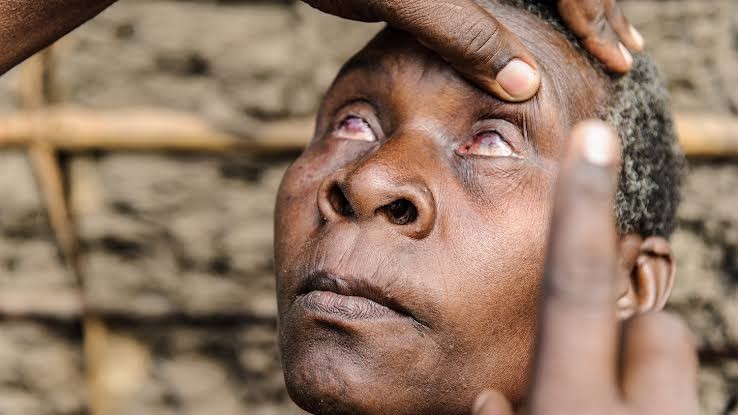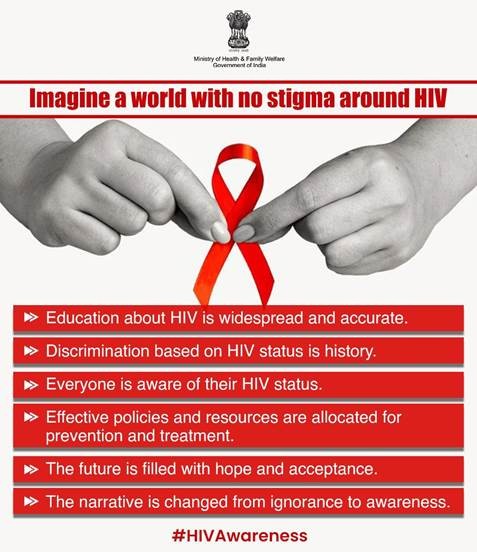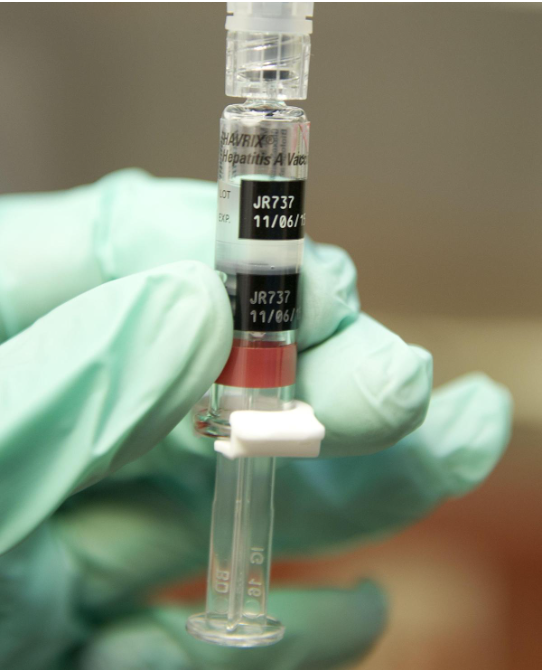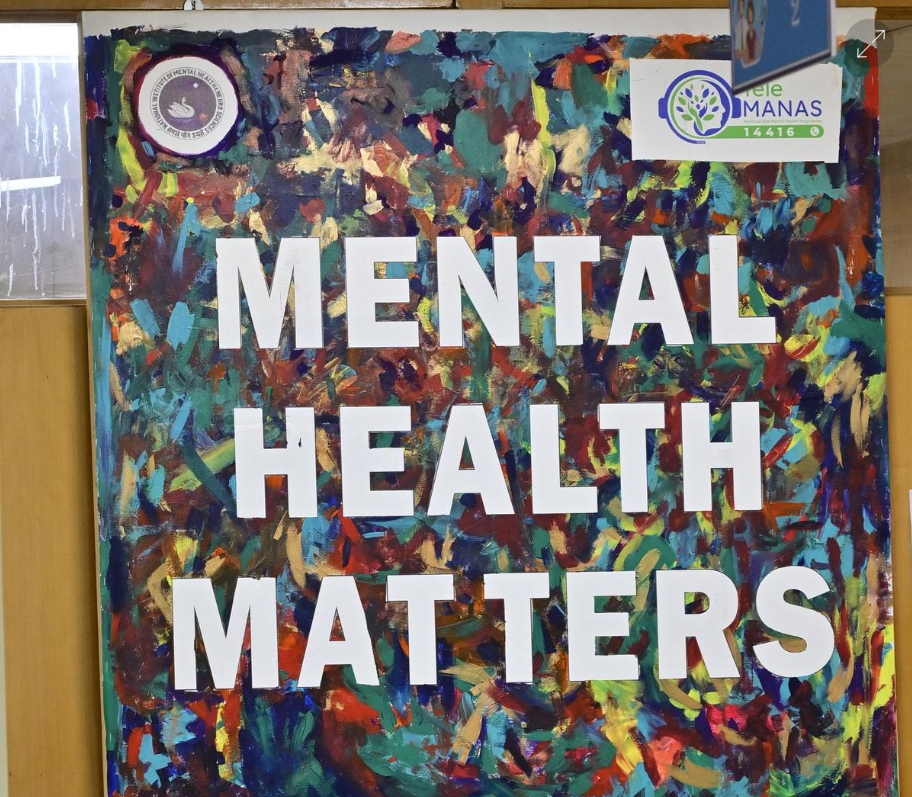Description

Copyright infringement not intended.
Context: Iraq has now joined the league of 17 other countries that have eliminated trachoma, a neglected tropical disease and the world’s leading infectious cause of blindness, the World Health Organization (WHO) announced recently.
More about the news
- Iraq is now one of the 17 other countries that have eliminated trachoma.
- The country is also the 50th to be acknowledged by the United Nations health agency for eliminating at least one neglected tropical disease globally.
About Trachoma
- Trachoma is the world’s leading infectious cause of blindness and is one of the conditions known as neglected tropical diseases.
- Trachoma is a bacterial infection caused by Chlamydia trachomatis. They can be easily treated.
The advanced form of trachoma
- Over time, it causes the eyelashes to be pushed inward into the eye. So with every blink, they brush against the eyeball.
- This advanced form of trachoma is called trichiasis. Over time, if it’s not treated, trichiasis can lead to blindness.

Causes and transmission
- The disease thrives where there are water shortages, poor sanitation and infestations of flies, which are considered physical vectors of the disease.
Prevalence
- The disease is still known to be endemic in six countries of the WHO’s Eastern Mediterranean Region.
- However, there has been substantial progress in the number of people in the region requiring antibiotic treatment for trachoma elimination purposes, which has fallen from 39 million in 2013 to 6.9 million in April 2023.
Strategy of Iraq
- Iraq established its national trachoma programme in 2012 to coordinate the final domestic push against the disease.
- A trachoma surveillance system was developed to detect and manage cases within secondary and tertiary eye care facilities, as well as through school pre-enrollment and school eye screening programmes conducted in collaboration with the Ministry of Education.
SAFE strategy
To eliminate trachoma as a public health problem, the WHO recommends the SAFE strategy, a comprehensive approach to reduce transmission of the causative organism, clear existing infections and deal with their effects.
The SAFE strategy includes:
- Surgery to treat the blinding stage (trachomatous trichiasis);
- Antibiotics to clear the infection, particularly the antibiotic azithromycin;
- Facial cleanliness and Environmental improvement, particularly improving access to water and sanitation.
Countries that have eliminated Trachoma
- The 17 other countries that have eliminated trachoma are Benin, Cambodia, China, Gambia, Ghana, Islamic Republic of Iran, Lao People’s Democratic Republic, Malawi, Mali, Mexico, Morocco, Myanmar, Nepal, Oman, Saudi Arabia, Togo and Vanuatu.
What are Neglected Tropical Diseases (NTDs)
- Neglected tropical diseases (NTDs) are a diverse group of tropical infections which are common in low-income populations in developing regions of Africa, Asia, and the Americas. They are caused by a variety of pathogens such as viruses, bacteria, protozoa and parasitic worms (helminths).
Why are they called ‘neglected’?
- They are ‘neglected’ because they are almost absent from the global health agenda. Even today, when the focus is on Universal Health Coverage, NTDs have very limited resources and are almost ignored by global funding agencies.
Where are NTDs most prevalent?
- NTDs flourish mainly in rural areas, conflict zones and hard-to reach-regions. They thrive in areas where access to clean water and sanitation is scarce – worsened by climate change.
- Furthermore, NTDs tend to affect regions without quality healthcare, leaving poor populations vulnerable to these often debilitating diseases and newly emerging threats.
How can we tackle NTDs?
- Addressing NTDs requires cross-sectoral approaches that span from bringing medicines to the ‘end of the road’ thus making “universal health coverage” (UHC) a reality, to relieving the associated mental health burden, to tackling fundamental human rights issues.
- Vector control, veterinary public health and WASH are key complements to interventions targeting humans.

Conclusion
- WHO’s road map for 2021-2030 sets out ambitious targets for tackling many of these diseases in an integrated manner. The road map targets are aligned with those of the Sustainable Development Goals. Ensuring that essential services reach all who need them is at the heart of efforts to respond to NTDs.
|
PRACTICE QUESTION
Q. Consider the following statements about Trachoma
- Trachoma is the world’s leading infectious cause of blindness and is one of the conditions known as neglected tropical diseases.
- Trachoma is a bacterial infection caused by Chlamydia trachomatis.
- Iraq is now one of the 17 other countries that have eliminated trachoma.
How many of the above statements are Incorrect?
- 1 and 2 only
- 1 and 3 only
- and 3 only
- None
Ans: D
|
https://www.downtoearth.org.in/news/health/iraq-eliminates-trachoma-as-a-public-health-problem-91000











